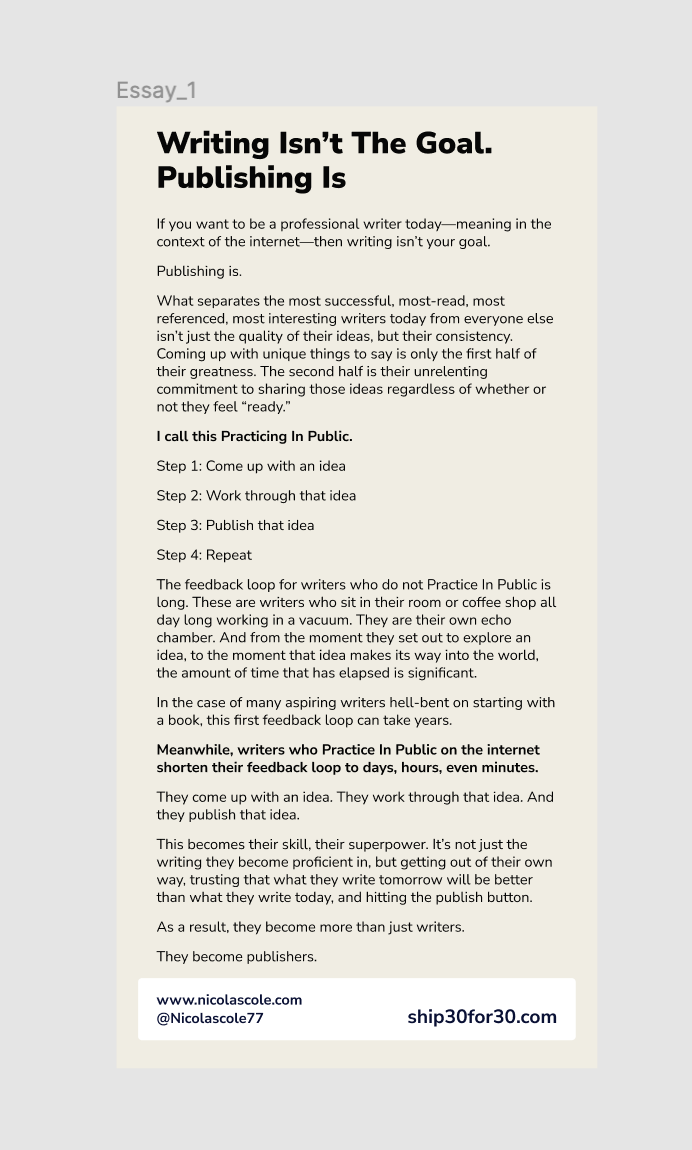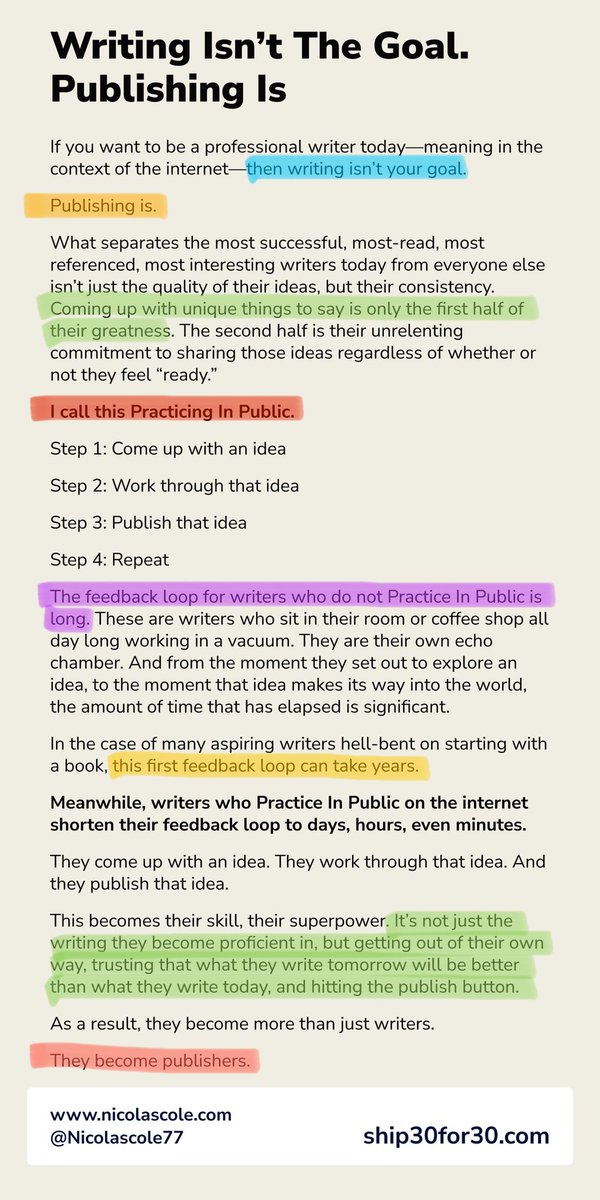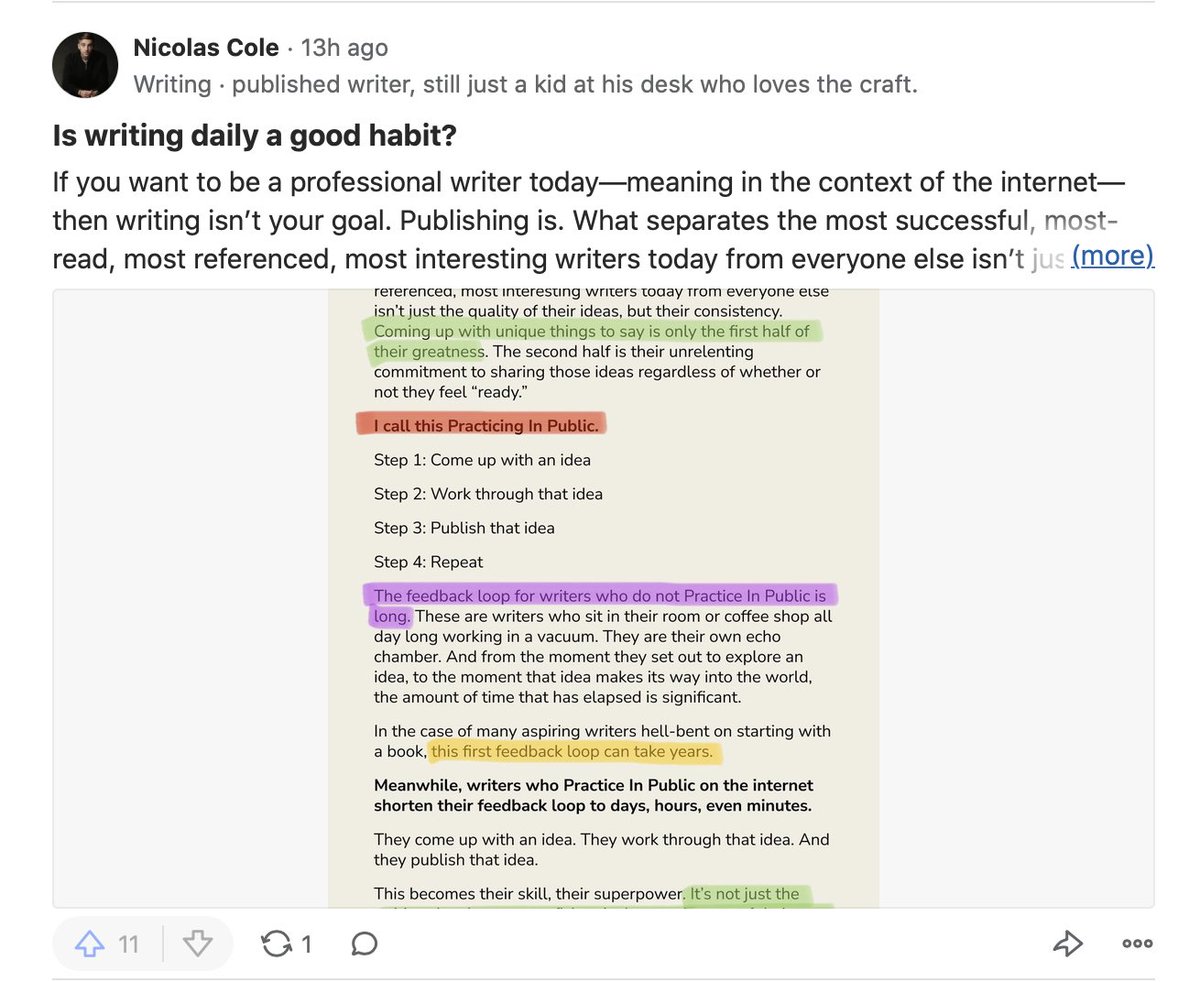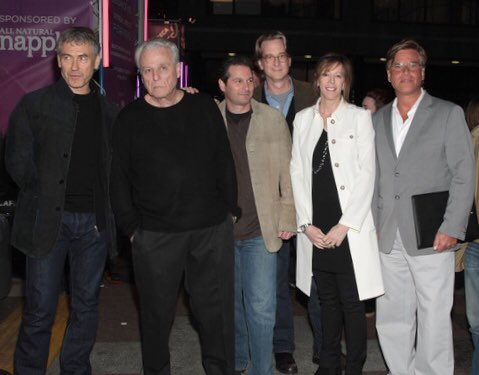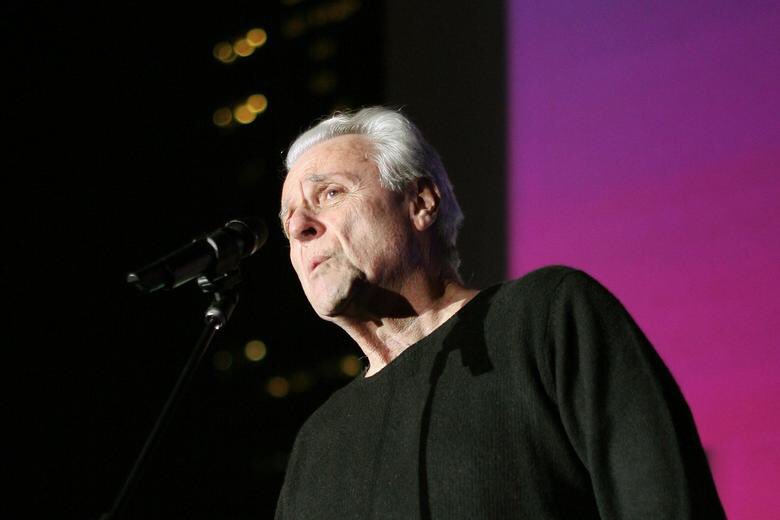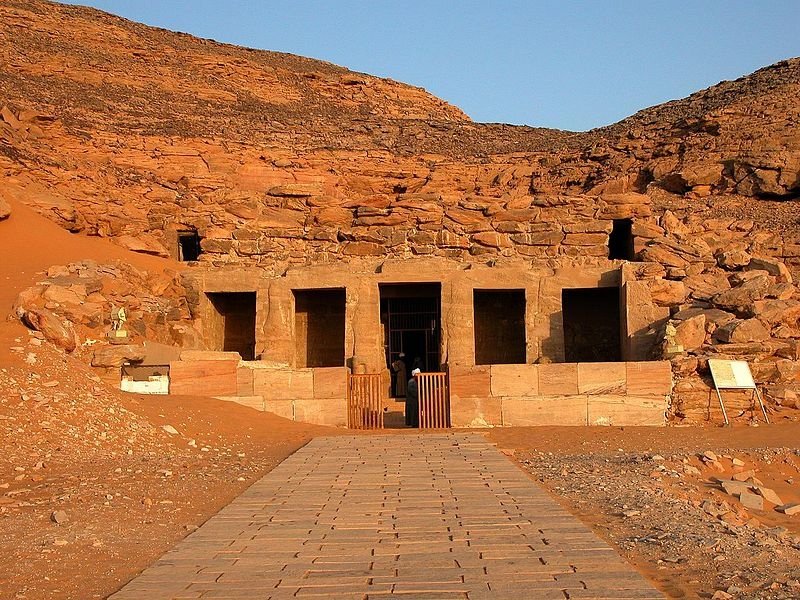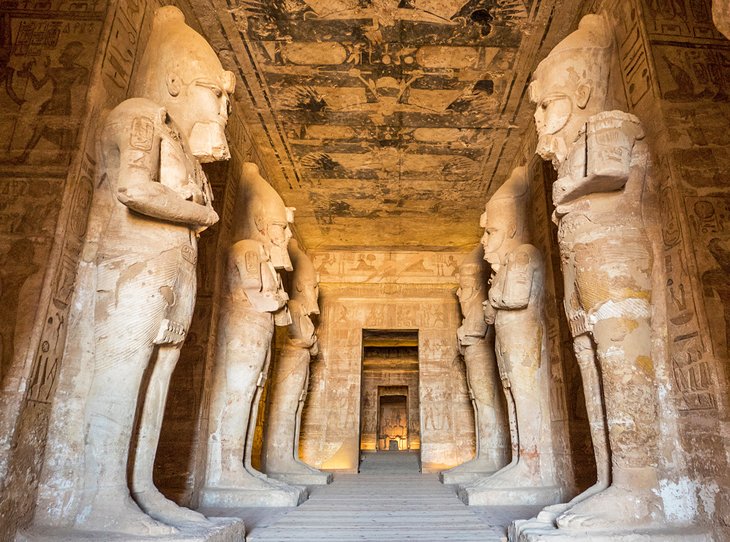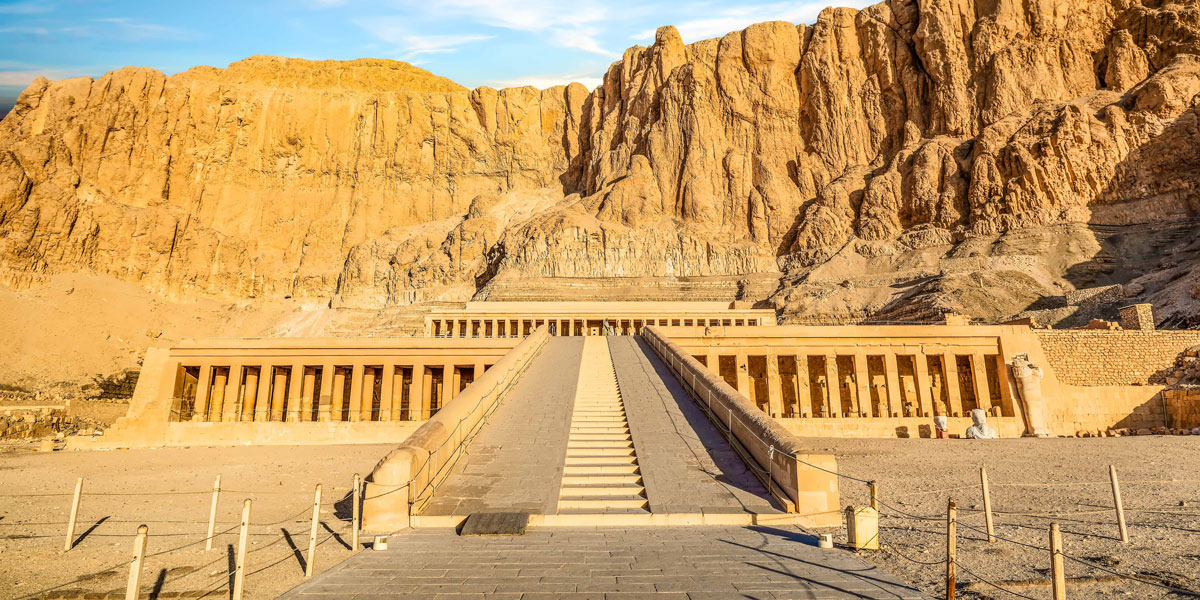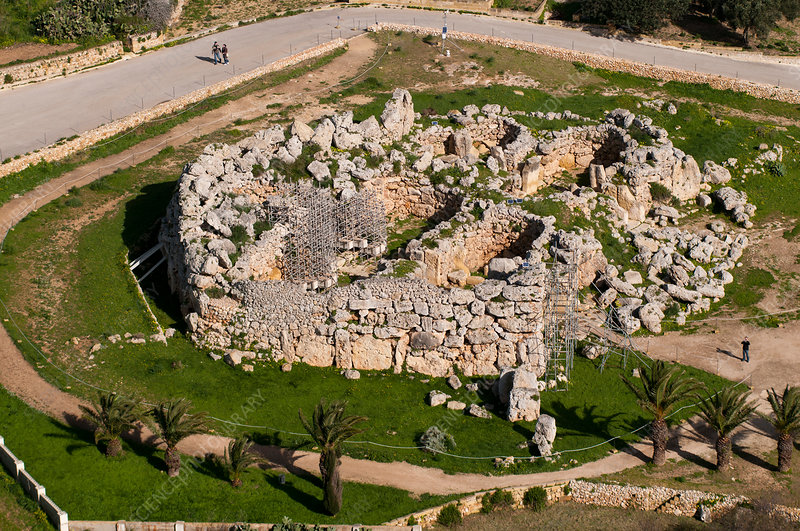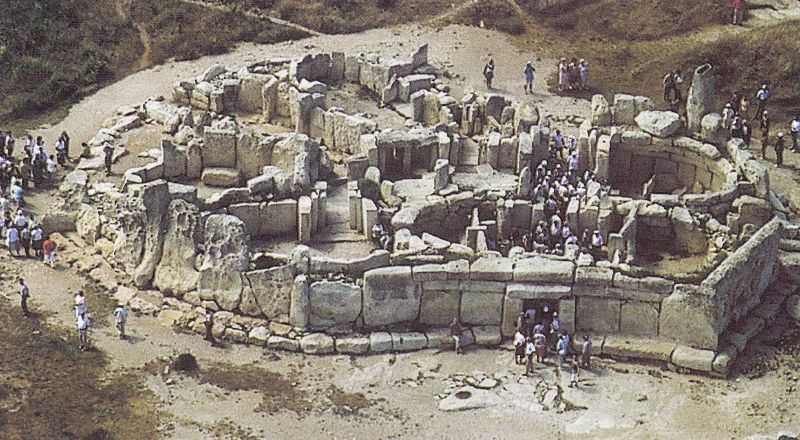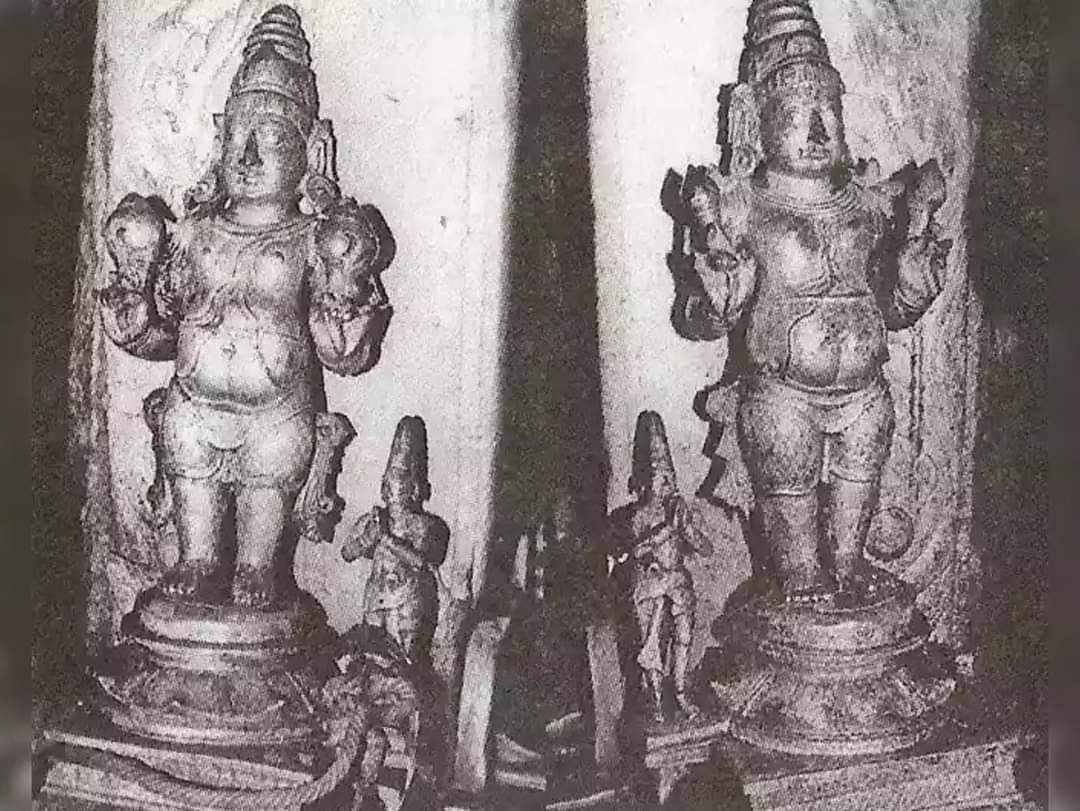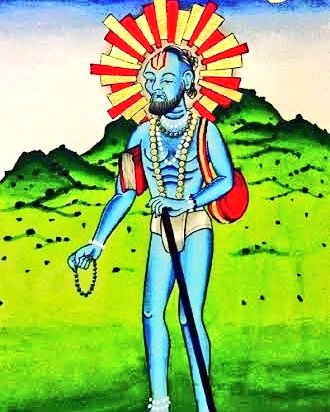At the cafe where I'm writing the people next to me were disagreeing about the origins of Men in Black & I said "If you'd like, I could clear that up for you" & one responded: "I'm sorry, we do not need an old white male's mansplanation." So I apologized and that was that.
More from Writing
So a final thread from me as your host today: some top tips on how to write for a popular audience about complicated subjects #space #science #writing #storytelling

The essence of any good communication is simplicity. It’s the same in print, television, radio, online, or attaching notes to carrier pigeon’s legs.
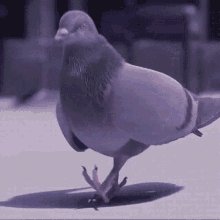
In the sixties, a Granada current affairs show set the template for using a visual medium more effective: it was pioneered by a remarkable fellow called Tim Hewat, a flavour of whose personality is here:
Up to this point, most television in this country had been akin to putting radio on television: most of it was beyond parody though this from Harry Enfield is spot on -- the patronising smug tone that meant the BBC was nicknamed "Auntie" --
And take a look at the longest running TV show as it then appeared: https://t.co/T4FdppnQMo
(Patrick was a brilliant broadcaster. The point I am trying to make is the medium was not exactly groundbreaking in the visuals department)

The essence of any good communication is simplicity. It’s the same in print, television, radio, online, or attaching notes to carrier pigeon’s legs.

In the sixties, a Granada current affairs show set the template for using a visual medium more effective: it was pioneered by a remarkable fellow called Tim Hewat, a flavour of whose personality is here:
Up to this point, most television in this country had been akin to putting radio on television: most of it was beyond parody though this from Harry Enfield is spot on -- the patronising smug tone that meant the BBC was nicknamed "Auntie" --
And take a look at the longest running TV show as it then appeared: https://t.co/T4FdppnQMo
(Patrick was a brilliant broadcaster. The point I am trying to make is the medium was not exactly groundbreaking in the visuals department)
I want to talk about how western editors and readers often mistake protags written by BIPOC as "inactive protagonists." It's too common an issue that's happened to every BIPOC author I know.
Often, our protags are just trying to survive overwhelming odds. Survival is an active choice, you know. Survival is a story. Choosing to be strong in the face of the world ending, even if you can't blast a wall down to do it, is a choice.
It's how we live these days.
Western editors, readers, and writers are too married to the three-act structure, to the type of storytelling that is driven by conflict, to that go-getter individualism. Please read more widely out of your comfort zone. A lot of great non-western stories do not hinge on these.
Sometimes I wonder if you're all so hopped up on the conflict-driven story because that's exactly how your colonizer ancestors dealt with people different from them. Oops, I said it, sorry not sorry. Yes, even this mindset has roots in colonialism, deal with it.
If you want examples of non-conflict-driven storytelling google the following: kishoutenketsu, johakyu, daisy chain storytelling/wheel spoke storytelling. There was another one whose name I forgot but I will tweet it when I recall it.
Writing tip: let\u2019s talk about the INACTIVE PROTAGONIST. I\u2019ve seen a lot of amazing books lately with incredible plots, intricate worlds, and just really great writing with one recurring issue, which is the inactive protagonist. I think it can get tough when you\u2019re writing (1/10)
— Briston Brooks (@briston_brooks) January 26, 2021
Often, our protags are just trying to survive overwhelming odds. Survival is an active choice, you know. Survival is a story. Choosing to be strong in the face of the world ending, even if you can't blast a wall down to do it, is a choice.
It's how we live these days.
Western editors, readers, and writers are too married to the three-act structure, to the type of storytelling that is driven by conflict, to that go-getter individualism. Please read more widely out of your comfort zone. A lot of great non-western stories do not hinge on these.
Sometimes I wonder if you're all so hopped up on the conflict-driven story because that's exactly how your colonizer ancestors dealt with people different from them. Oops, I said it, sorry not sorry. Yes, even this mindset has roots in colonialism, deal with it.
If you want examples of non-conflict-driven storytelling google the following: kishoutenketsu, johakyu, daisy chain storytelling/wheel spoke storytelling. There was another one whose name I forgot but I will tweet it when I recall it.





